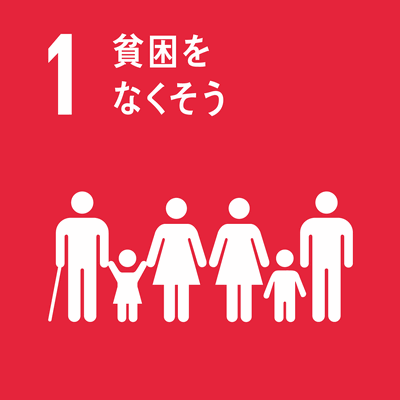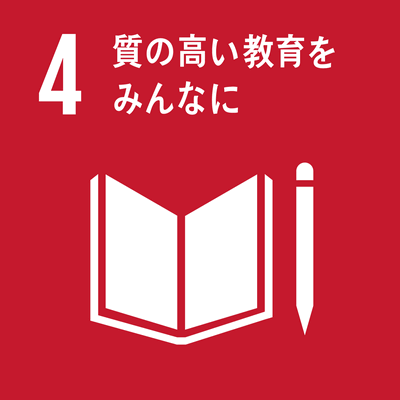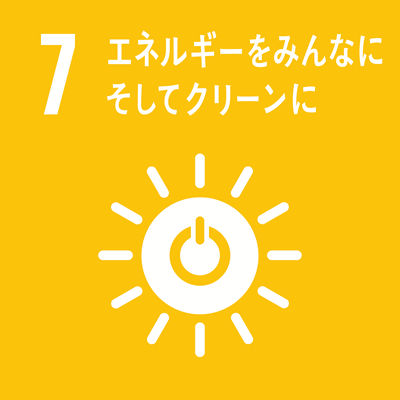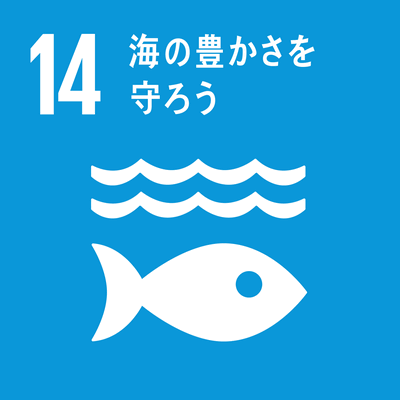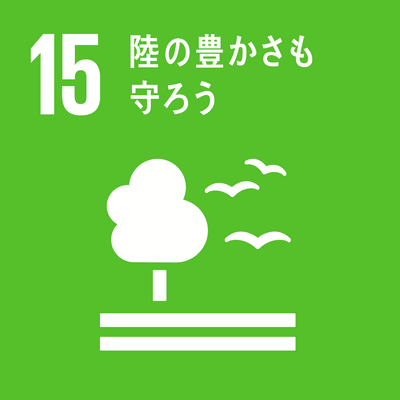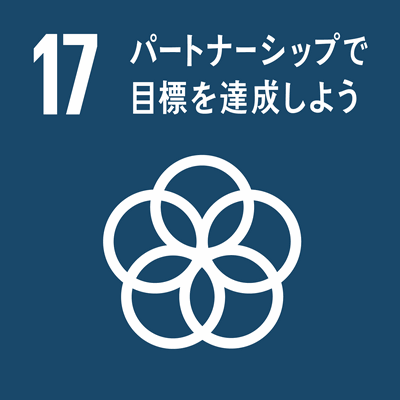シラバス表示
シラバスの詳細な内容を表示します。
→ 閉じる(シラバスの一覧にもどる)
科目の基本情報
| 開講年度 | 2023 年度 | |
|---|---|---|
| 開講区分 | 国際交流センター(国際キャリアアップコース) | |
| 受講対象学生 |
学部(学士課程) : 1年次, 2年次, 3年次, 4年次, 5年次, 6年次 大学院(修士課程・博士前期課程・専門職学位課程) : 1年次, 2年次 大学院(博士課程・博士後期課程) : 1年次, 2年次, 3年次, 4年次 |
|
| 選択・必修 | ||
| 授業科目名 | 英語でエッセイB | |
| えいごでえっせいびー | ||
| English, Short Composition B | ||
| 単位数 | 0 単位 | |
| ナンバリングコード | ||
| 開講学期 |
後期 |
|
| 開講時間 |
木曜日 1, 2時限 |
|
| 授業形態 |
対面授業 * 状況により変更される可能性があるので定期的に確認して下さい
「オンライン授業」・・・オンライン会議ツール等を利用して実施する同時双方向型の授業 |
|
| 開講場所 | 総合研究棟Ⅱ2F 国際交流センター | |
| 担当教員 | フロイド・マクダニエル(非常勤講師) | |
| Floyd McDaniel II | ||
| SDGsの目標 |
|
|
| 連絡事項 | * 状況により変更される可能性があるので定期的に確認して下さい |
|
学修の目的と方法
| 授業の概要 | Practice writing short compositions (multi-paragraph) in English. Learning American/English styles and formats of short composition writing. |
|---|---|
| 学修の目的 | I am aiming at teaching a skill; not merely "getting some information." Students can "get information" by reading a book. To develop this writing skill, students are expected to write and participate in conversation during class (every week). Students will also develop their intellects when learning to write in an engaging and/or persuasive manner. Finally, students will learn to become sensitive to the different English writing styles. |
| 学修の到達目標 | Upon finishing this class, students should be able to confidently (1) write short essays in English in proper English writing styles, (2) revise their own essays - and the essays of others - for improvement beyond mere spelling and grammar, and (3) understand the difference between writing a personal introduction, telling a narrative (both first term), giving examples to illustrate a point, and giving resons to support/defend a position (both second term). |
| ディプロマ・ポリシー |
|
| 成績評価方法と基準 | Grades are 30% based on in-class work, about 70% from 3 "large" compositions done throughout the semester. |
| 授業の方法 | 講義 演習 |
| 授業の特徴 |
プロジェクト型PBL プレゼンテーション/ディベートを取り入れた授業 教員と学生、学生相互のやり取りが、ほぼ英語で進められる授業 |
| 授業改善の工夫 | I'm always open to student suggestions and requests. Some of my best ideas began from a student. |
| 教科書 | "Writers at Work: The Short Composition" by: Ann O. Strauch Cambridge University Press:ISBN 0-521-54496-3 |
| 参考書 | None. |
| オフィスアワー | None. As I am a part-time teacher at Mie University, I am only there on Thursdays. Students will be advised on how to contact me through e-mail or otherwise during the first class. |
| 受講要件 | Students who passed English I, have a sufficient score on TOEIC or have an otherwise solid background in English. CLASS SIZE IS LIMITED TO 25 STUDENTS. |
| 予め履修が望ましい科目 | |
| 発展科目 | |
| その他 | This class is taught in English ONLY. While it is listed as an entry-level class, you must have a good background in English. Students are expected to write and speak in English in this class. |
授業計画
| MoodleのコースURL |
|---|
| キーワード | English, Writing, Short Composition |
|---|---|
| Key Word(s) | English, Writing, Short Composition |
| 学修内容 | (Both semesters use the same textbook, but different parts. Students can take only one term, or both terms without repeating any parts.) Week 1 - Introduction and Class Overview (HW: Reading, and choose 2 topics to potentially write about) Week 2 - Main Idea, specifically one that can be supported with examples showing it's truth (Homework: write a complete main idea after choosing ONE topic for your paper; beging writing "examples" that support it!) Week 3 - Parts of a Main Idea + Body (supporting details) (HW: Write a complete list of every example that supports your topic) Week 4 - Structuring the Body and giving sufficient detail (HW: Narrow the list to 3 major examples, and write details explaining each example in a proper form; this is the first draft!) Week 5 - Revising the work of others, checking understanding (Homework: Revise another student's paper, then check your OWN paper after being revised, write a second draft!) Week 6 - Editing (Edit a partner's paper, then write the final draft of your paper after correcting all editing problems) Week 7 - Turn in the First writing, begin "Supplying Reasons" (HW: Understand the difference between a paper that just gives examples to support an idea, and a paper that gives *reasons*; choose 3 potential topics for this paper) Week 8 - Main Ideas that force us to ask "Why?" (HW: Write a GOOD main idea sentence that gets the reader interested in your topic and how you will show you are correct) Week 9 - The Body: Reasons v. Details (Hw: Find your three BEST reasons support the main idea, supplement them with details, examples, and everything necessary to make them believable) Week 10 - Revising 2 - Transition Signals, Conclusion (HW: Revise another students papers, write a second draft of your own) Week 11 - Editing 2 - Sentence fragments and Dependent Clauses (HW: Edit another student's paper, then write a final draft of your own) Week 12 - Turn in "Reasons" paper, begin "Summaries" (HW: Find a reasonably short article or story to sumamrize) Week 13 - Writing a short summary of an article or story (HW: Understanding the difference between a regular paper and a mere summary, write a first draft of the summary) Week 14 - Revising the summary (HW: Revise another student's summary, write a 2nd draft of your own summary) Week 15 - Editing with an eye for brevity (HW: Edit another student's summary, write a final draft of your own.) |
| 事前・事後学修の内容 | Students are expected to do about 3-4 hours of work outside of class each week. This breaks down to 1-2 hours of preparation for the next week's lesson, and 2-3 hours of writing, revising, and/or editing assigned the previous week. Some weeks (especially the first few weeks) will be lighter. As we get to the major papers, homework will take longer to accomplish. Therefore, the average will be around 3-4 hours per week. |
| 事前学修の時間:120分/回 事後学修の時間:120分/回 |
